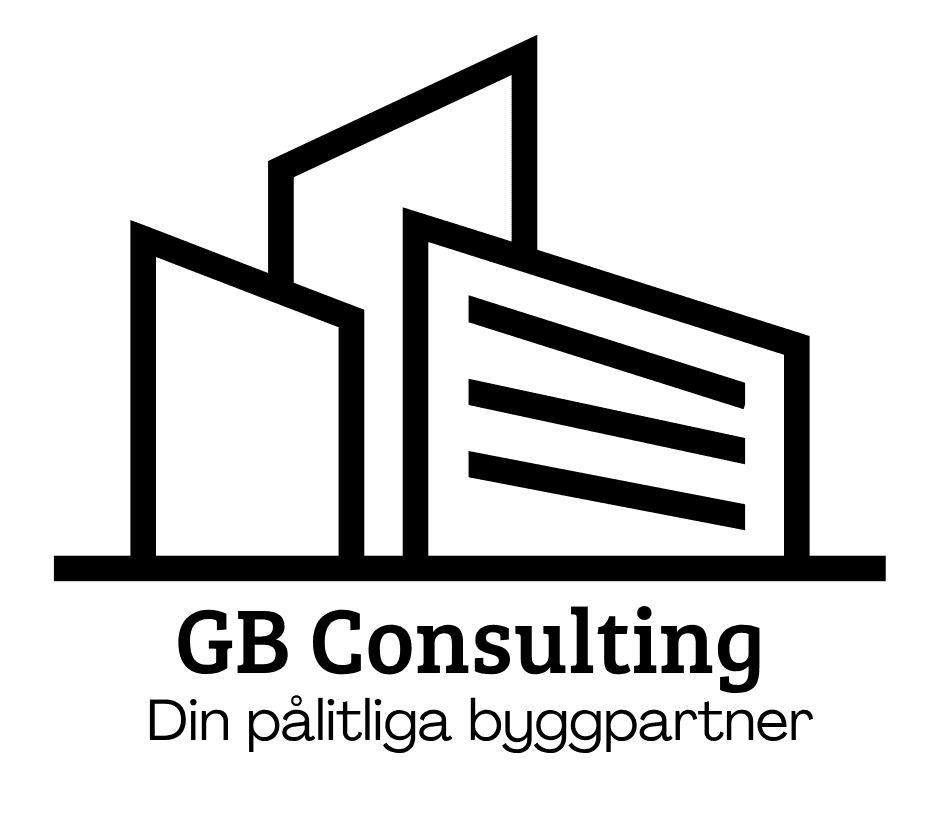Navigating Local Regulations: A Consultant’s Guide to Success in Sweden
Understanding Local Regulations in Sweden
When entering the Swedish market, understanding local regulations is crucial for success. Sweden is known for its transparent and efficient regulatory environment, but navigating these rules can still be challenging for newcomers. This guide aims to provide consultants with essential insights into Swedish regulations, helping them steer their projects smoothly.

Why Understanding Regulations is Essential
Sweden's regulatory framework is designed to foster business growth while ensuring safety and fairness. For consultants, understanding these regulations not only ensures compliance but also enhances credibility with clients. Non-compliance could lead to fines, project delays, or even legal actions, which can be detrimental to business reputation.
Key Regulatory Bodies
Several key agencies oversee different sectors in Sweden. The Swedish Companies Registration Office handles business registrations, while the Swedish Tax Agency manages taxation matters. Familiarity with these bodies and their processes is vital for efficient operation. Additionally, the Swedish Work Environment Authority focuses on workplace safety regulations, which are crucial for consultants advising on operational improvements.

Navigating Tax Regulations
Sweden's taxation system is comprehensive, covering income tax, VAT, and corporate tax. Consultants must ensure that their clients comprehend their tax obligations to avoid penalties. Registering for VAT is mandatory for businesses exceeding a specific turnover, and understanding the nuances of tax filings can provide significant advantages.
Environmental Regulations
Sweden is a leader in sustainability, and environmental regulations are stringent. Consultants working in sectors like construction, manufacturing, or energy need to be well-versed in these regulations. Compliance not only avoids legal repercussions but also aligns businesses with Sweden's eco-friendly ethos, which can be a unique selling point.

Strategies for Compliance
To effectively navigate Swedish regulations, consultants should adopt a proactive approach. Here are some strategies:
- Continuous Learning: Stay updated on regulatory changes by subscribing to official bulletins and joining industry associations.
- Networking: Engaging with local experts can provide valuable insights and real-world advice.
- Documentation: Maintain accurate records of all compliance-related activities to facilitate audits and reviews.
Leveraging Technology
Technology can aid in managing compliance efficiently. Numerous software solutions are available that streamline regulatory tracking and reporting. By leveraging technology, consultants can ensure accuracy and reduce the burden of manual compliance checks.

Conclusion
Navigating local regulations in Sweden requires diligence, ongoing education, and strategic planning. By understanding the regulatory landscape and implementing robust compliance strategies, consultants can not only avoid pitfalls but also enhance their service offerings and build trust with clients. With the right approach, the Swedish market offers vast opportunities for growth and success.
